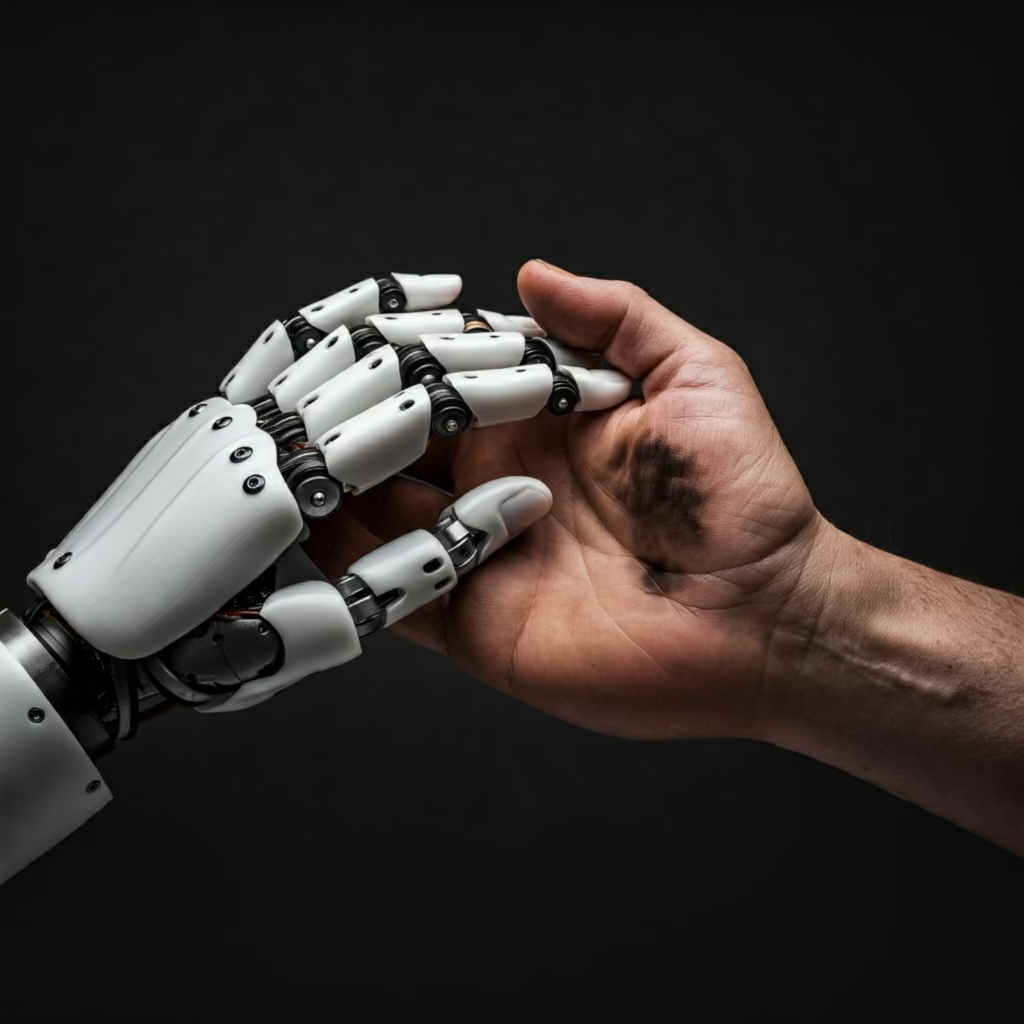The lines between human ingenuity and artificial intelligence continue to blur.
Artificial intelligence (AI) is rapidly changing the world around us, from self-driving cars to AI-powered assistants. But can AI truly understand and replicate something as complex and nuanced as human creativity?
Recent advancements in AI have led to impressive feats in creative fields. AI algorithms can now compose music, write poetry, and even generate stunning visual art. These creations often rival those produced by humans, raising questions about the nature of creativity itself.
However, while AI can mimic creative output, many argue that it lacks the genuine understanding and emotional depth that fuels human creativity. Human artists draw inspiration from their experiences, emotions, and perspectives, elements that are difficult to program into an algorithm.
The Case for AI Creativity
Proponents of AI creativity point to the ability of algorithms to analyze vast amounts of data and identify patterns that humans might miss. This allows AI to generate novel and unexpected ideas, pushing the boundaries of creative expression. Additionally, AI is not limited by physical constraints or biases in the same way humans are, potentially leading to truly unique and innovative creations.
The Human Element
On the other hand, skeptics argue that creativity is more than just generating novel outputs. True creativity involves intentionality, emotional resonance, and a deep understanding of the human condition. AI, they argue, lacks the consciousness and lived experiences necessary to achieve this level of artistic expression.
Collaboration and the Future of Creativity
Perhaps the most promising approach lies in collaboration between humans and AI. AI can serve as a powerful tool to augment human creativity, providing new ideas and inspiration. Artists can then use their own skills and experiences to refine and shape these outputs, creating works that are both innovative and emotionally resonant.
This collaborative approach is already being explored in various fields. Musicians are using AI to generate melodies and harmonies, while writers are using AI to overcome writer’s block and explore new narrative structures.
The debate surrounding AI creativity is far from settled. As AI continues to evolve, we can expect even more impressive and thought-provoking creations. Whether AI can truly understand and replicate human creativity remains an open question, but one thing is certain: the future of art will be shaped by the interplay between human imagination and artificial intelligence.



